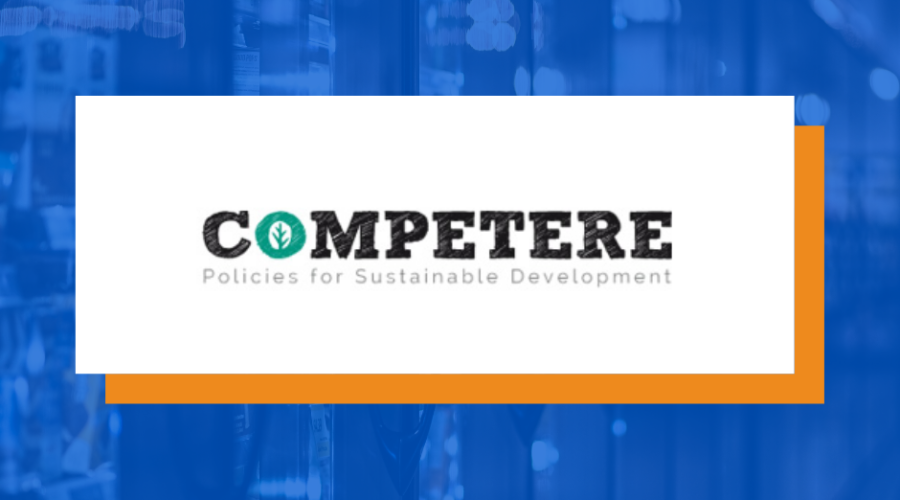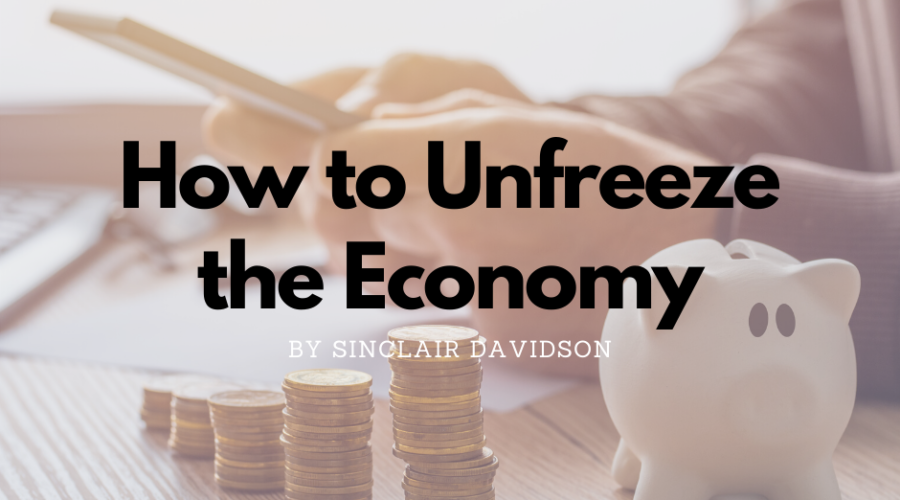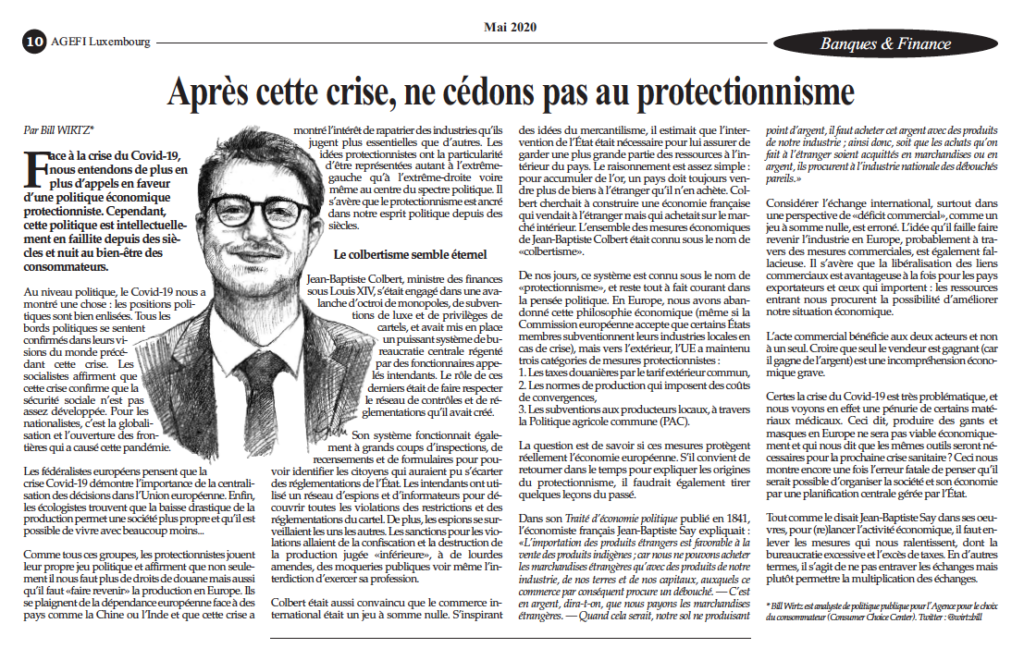Illiberal regimes are exploiting the pandemic to attack the foundations of democracy
It took us 75 years to rebuild freedom in some parts of Europe after the totalitarian horrors of World War Two, and less than three weeks to bring it to its knees again.
With coronavirus looming in the background, worrying erosions of the freedom of speech and media are being rushed through Europe.
On March 30, Hungary’s parliament passed a law that allows the leader of the country’s nationalist movement, Viktor Orban, to rule by decree indefinitely. The law makes it possible for Orban’s government to imprison anyone who publicises false facts that interfere with the “successful defence” of public health, or can create “confusion or unrest” related to the coronavirus.
The witch-hunt after personal freedoms followed and led to a number of arrests. Such a sweeping amount of discretion on the side of government is a death sentence for freedom of speech, the cornerstone of democracy.
Freedom of speech plays an essential role in establishing accountability between the government and its electorate, and it facilitates indiscriminate, back-and-forth communication. When governments monopolise this freedom, democracy can be extinguished.
Orban chose the right target. Even though it is claimed that these laws will be relieved once the pandemic is over, his record suggests the opposite. Since his victory in 2010, Orban has tightened state control over the media to suppress any opposition and eroded, step-by-step, institutional checks and balances. According to him a state need not be liberal to be a democracy.
But it’s not just Hungary. In Serbia, the government’s decree about the centralisation of information during the coronavirus emergency gave rise to arrests. On April 1, after reporting about a shortage of protective medical equipment available for staff at a medical centre in Serbia, Ana Lalić, a Serbian journalist, was detained. Lalić was charged with causing public unrest by spreading fake news during the emergency.
In a similar fashion, the Polish Ministry of Health made it illegal for medical consultants to issue independent opinions on the epidemiological situation, the state of hospitals, and methods of protection against infection. Speaking up about the lack of protective equipment can cost Polish doctors a job.
Meanwhile both Slovenia and the Czech Republic have announced that they are ending the presence of journalists at official press conferences altogether. According to Dunja Mijatović, the Council of Europe Commissioner for Human Rights, a Slovenian journalist who requested information about the measures adopted by the government to address the pandemic has been the target of a smear campaign by media close to the political party leading the government coalition.
Despite the growing number of cases in Russia, Vladimir Putin continues to push for a nationwide vote on constitutional reform which could enable him to stay in power until 2036. On May 13, Russian lawmakers passed a bill that allows Russians to vote by mail or online for Putin’s constitutional amendments. Most likely Putin will get it his way since, similar to the direction chosen by Hungary, speaking up against the government automatically makes you a heretic.
Where people are pushed into choosing between the protection of their life and that of their loved ones and an act of political resistance, most opt for silence. Yet forcing such a choice is inhumane, manipulative and, in the end, will lead to the demise of those governments that do so.
An ardent admirer of China’s measures to halt the coronavirus, Putin has also resorted to outright totalitarian measures. The Financial Times and New York Times might soon be banned from Russia for revealing the truth about the death rate in the country. However, the first target of Russia’s anti-fake news campaign has been its own citizens, who are being fined for spreading ‘fake information’ about Covid-19. The already very small number of civil freedoms in Russia is under enormous threat.
Free elections are a key trait of democratic regimesm but are not sufficient in themselves. Genuine democracy cannot exist without civil rights and, in particular, the right to resist through protests, free speech, and a free media.
One could hardly imagine a better excuse to quickly proceed with illiberal agenda than a public health emergency. There is a reason why illiberal governments invest so much in propaganda. The very root of their power lies in artificially created and frighteningly powerful narratives that are repeatedly and consistently spread whilst censoring every voice of dissent. Freedom of expression is to democracy what property rights are to the economy. The monopolisation of either leads to disruption.
So we’re at an impasse. On the one hand, this pandemic might dissuade us from taking cues from the unfree world and its tactics.
On the other, the emergency nightmare might turn into our permanent reality by giving governments carte blanche to enforce severe restrictions on our liberties. It’s hard to imagine a more effective way to suppress every potential disobedience than through the appeal of fear for our health, not to mention that of our parents, friends, and literally everyone dear to us. This provides illiberal democracies with a once-in-generation opportunity to camouflage their totalitarian pursuits as part of emergency packages to stop the pandemic.
Let us hope that for the best but be prepared to fight back in case of the worst. Democracy is rooted in freedom of speech and media and we have to defend it at all costs.
The Consumer Choice Center is the consumer advocacy group supporting lifestyle freedom, innovation, privacy, science, and consumer choice. The main policy areas we focus on are digital, mobility, lifestyle & consumer goods, and health & science.
The CCC represents consumers in over 100 countries across the globe. We closely monitor regulatory trends in Ottawa, Washington, Brussels, Geneva and other hotspots of regulation and inform and activate consumers to fight for #ConsumerChoice. Learn more at consumerchoicecenter.org







